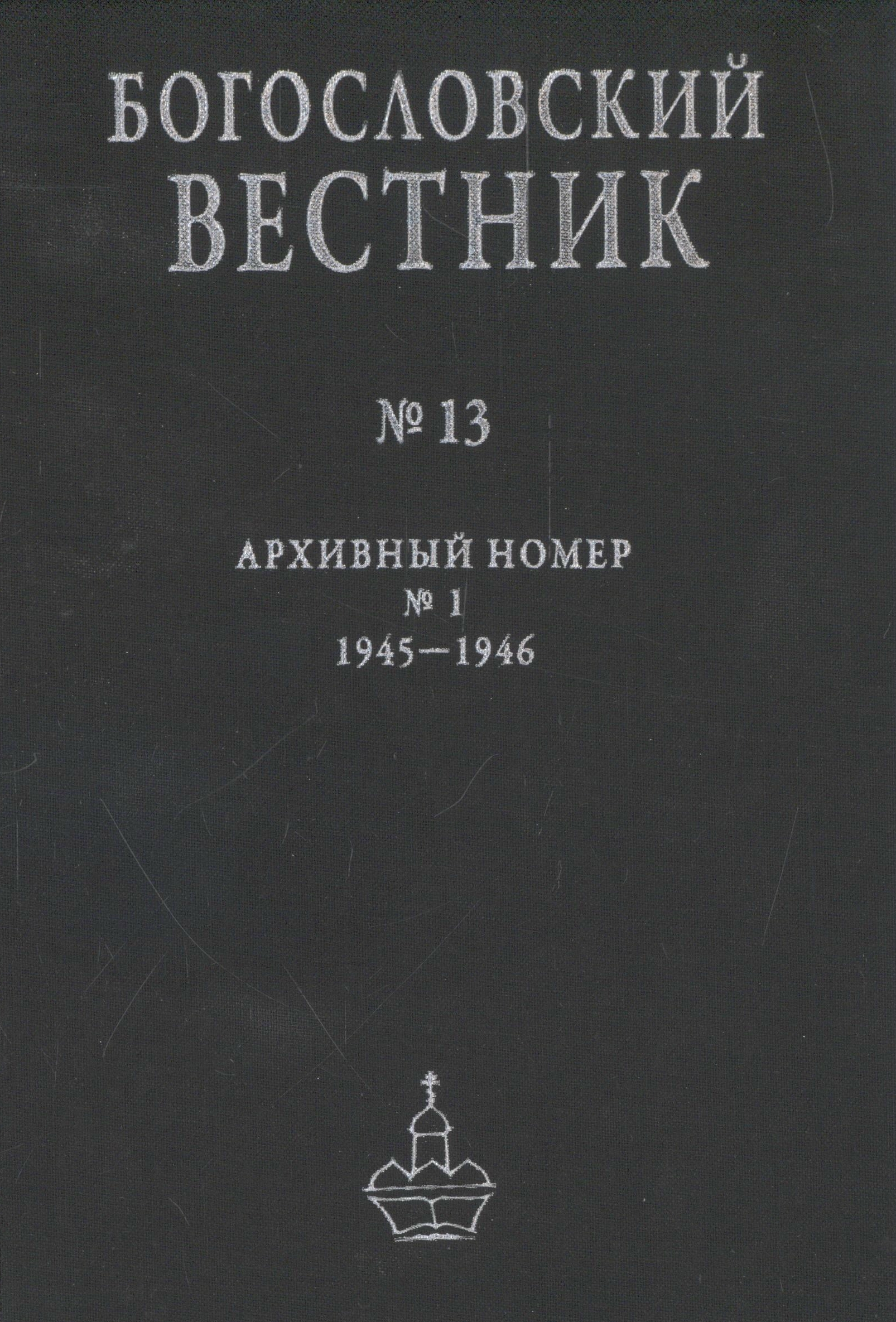The Great Russian Educationist К. D. Oushinsky. The Theoretical Background of His Pedagogical Views
Dedicated to the 75th Anniversary of His Departure 1870–1945
Abstract
On 22 December 1870, Konstantin Dmitrievich Ushinsky, the great Russian national teacher, died. He was born in Tula on February 19, 1824, where his father served in the Treasury Chamber. K. Ushinsky finished the gymnasium in Novgorod-Seversk, where his father moved after he retired. After finishing high school Konstantin D. Ushinsky entered the law department of the Moscow University, where he was particularly strongly influenced by professor-historian Granovsky and jurist Redkin. Both expounded their subject matter from the perspective of Hegelian philosophy, which viewed nature, society and the human personality as different forms of Absolute Spirit manifestations. The dialectical method was deeply appreciated by Ushinsky. Later, during a five-year stay abroad, he further expanded his acquaintance with it and preserved it, apparently, until the end of his days. Thus, in his major synthesis "Man as a Subject of Education. Experience in pedagogical anthropology' Ushinsky wrote: 'Meeting contradictions in itself, the consciousness seeks either to remove them, or to resolve them, i.e. to bring them about, <...> but the reconciliations are often only apparent and temporary, and remain only until a man discovers contradictions in his own reconciliations by comparing them with other concepts or other similar reconciliations undertaken by him in another sphere of thinking. <...> This feature of the reasoning process in human consciousness is the basis of Hegel's famous dialectical device...".
Downloads
Downloads
Published
How to Cite
License

This work is licensed under a Creative Commons Attribution-ShareAlike 4.0 International License.








